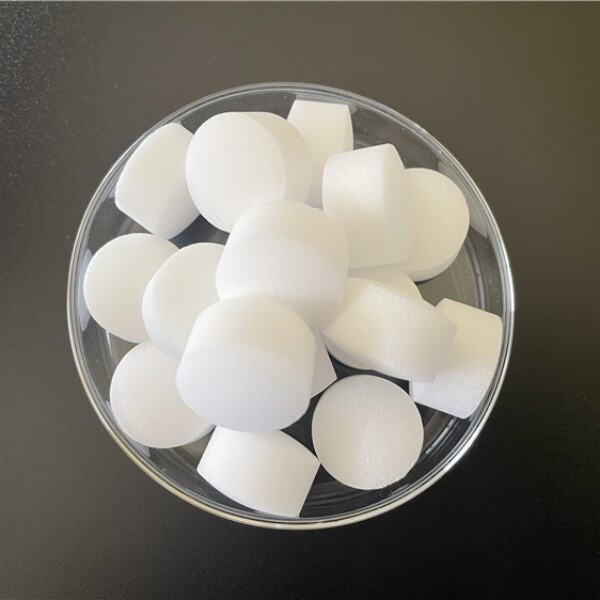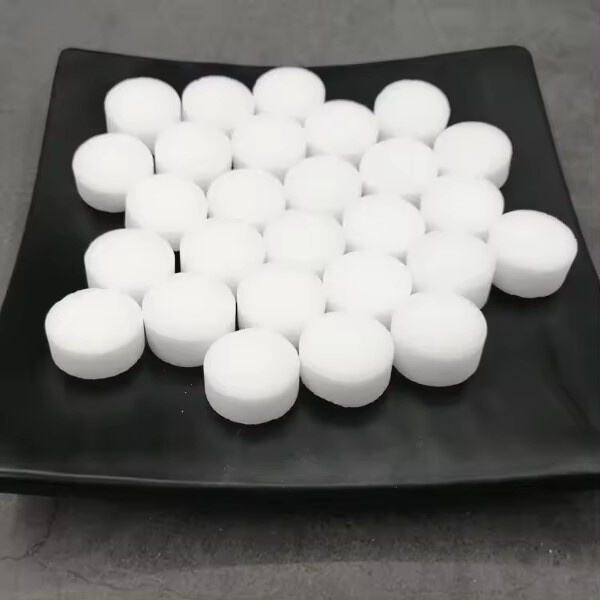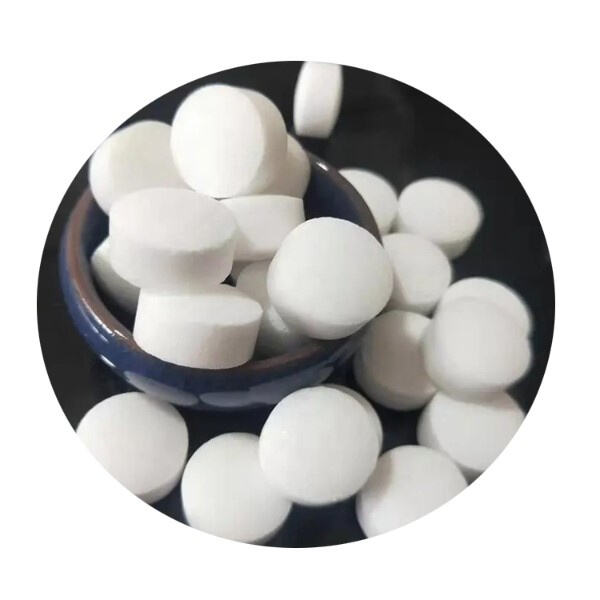Salt for water softeners can also be used to improve the taste of water and prevent pipes from becoming blocked. You will want to use the right type of salt and add it the way you should to your salt water softener to function effectively. Let's avail ourselves of the chance to understand how salt can soften water and the best ways you can care for your water softener with BANGZE.
Salt is a useful element for water softeners as it osmoses minerals away from hard water. Hard water has many minerals, which can congregate in pipes and faucets. These deposits can clog and impede the easy flow of water. You can do your part to help avoid this through regular additions of salt to the water softener, ensuring that water isn’t bogged down with impurities.
Salt in turn attracts the minerals inside the water, enticing it to trap into the softener. It’s known as ion exchange, and this is what removes minerals such as calcium and magnesium from the water. When water passes through the softener, it exchanges these minerals for salt ions. This prevents the water from becoming too hard, which can give your water a better taste and prevent clogs in your plumbing.

It’s also essential to use the proper kind of salt in your water softener to keep it in good working condition. There are different kinds of salt, such as rock salt, solar salt and evaporated salt. These varieties also have various grades of purity and, in some cases, can determine how efficient your water softener works. BANGZE suggests the usage of evaporated salt, which is the cleanest form of salt and will easily dissolve in the water softener. Be sure to regularly monitor the salt in the container of your water softener and add if necessary.

When you are choosing salt for your water softener, you’ll want to consider the purity and quality of the salt. It turns out that evaporated salt is the best because it’s easily dissolved and doesn’t have residue. BANGZE provides the highest quality water softening evaporated salt for your water softener, keeping your water softening system running smooth. Find salt that is specifically marked for water softeners so you can be sure you’re using the correct type.

Be sure to carefully read the instructions of your water softener on how to add salt. Avoid filling the brine tank with too much salt, it can damage the system. Rather, pour salt when required to maintain the tank at an appropriate level. BANGZE suggests keeping an eye on the salt level in your water softener — give it a check at least monthly, using more salt when it runs low. By following these tips, you’ll keep your water softener humming and your water soft and clean.